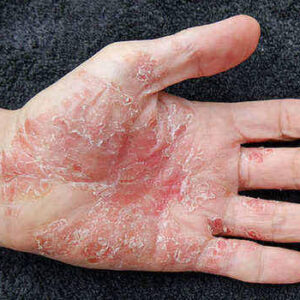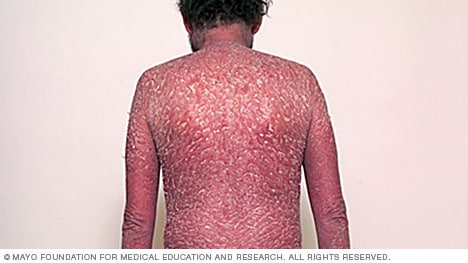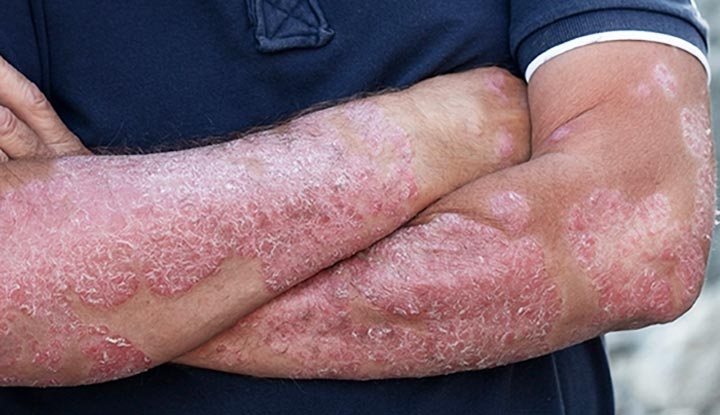Psoriasis is a chronic skin condition characterized by the abnormal acceleration of skin cell turnover, leading to the rapid replacement of old skin cells with new ones. This phenomenon occurs at a much faster rate than the typical skin regeneration process. Despite extensive research, the precise cause of this heightened cell turnover in psoriasis remains elusive, but it is widely acknowledged to stem from an immune system malfunction.
In individuals with psoriasis, the immune system mistakenly identifies normal skin cells as threats and triggers an inflammatory response. This immune dysfunction sets off a cascade of events that results in the overproduction of new skin cells in the deepest layer of the skin, known as the basal layer. Unlike the controlled and balanced process of skin regeneration in healthy individuals, those with psoriasis experience an unregulated and accelerated turnover of cells.

The constant renewal of skin cells leads to the formation of raised, red patches of skin covered with silvery scales, a hallmark of psoriasis. The immune system’s inappropriate activation and subsequent impact on skin cell regeneration create a cycle of chronic inflammation and skin cell overproduction, contributing to the persistent and recurring nature of psoriasis.

While genetic factors are believed to play a role in predisposing individuals to psoriasis, external triggers, such as stress, infections, or certain medications, can exacerbate symptoms. The complex interplay of genetic and environmental factors in the context of immune system dysfunction underscores the multifaceted nature of psoriasis. Ongoing research seeks to unravel the intricacies of this condition to develop targeted therapies that address the underlying immune system abnormalities and provide more effective treatment options for those affected by psoriasis.


